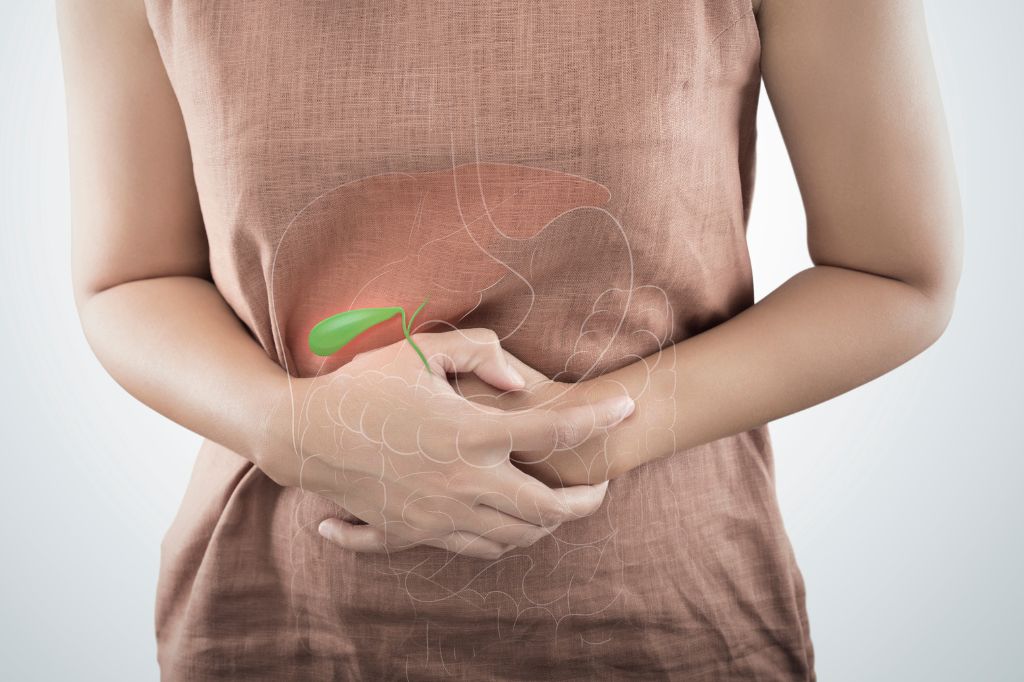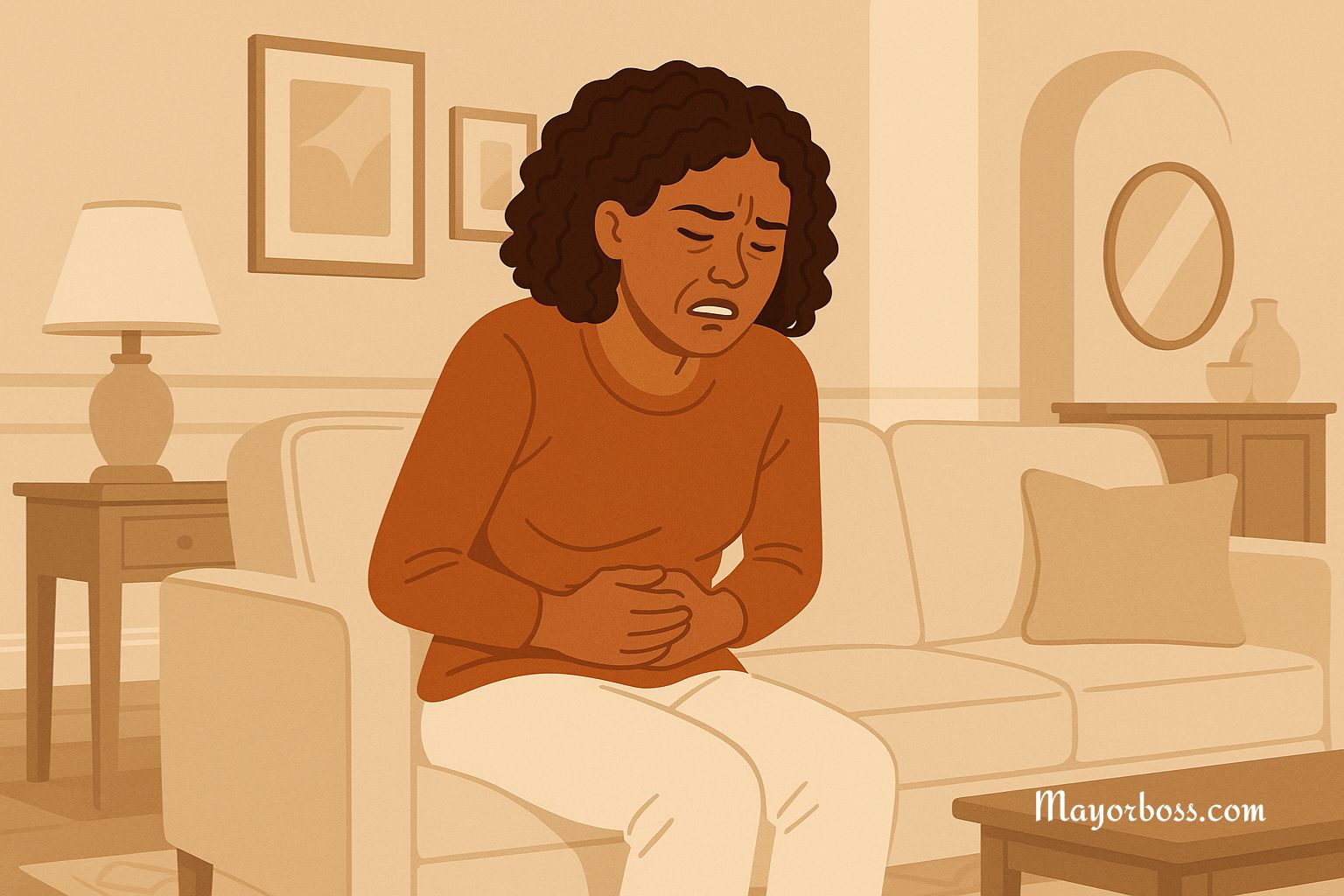What is a Peptic Ulcer?
If you’ve ever experienced a burning pain in your stomach, you might’ve wondered if it could be a peptic ulcer. Fear not. I’m here to help! In this article, I’ll tell what exactly a peptic ulcer is. So, let’s get started!
What is a Peptic Ulcer?
In simple words, a peptic ulcer is a sore that forms on the lining of your stomach or the upper part of your small intestine or lower esophagus. They can be quite painful and, if left untreated, may lead to serious complications.
Basically, there are two types: gastric ulcers and duodenal ulcers. Gastric ulcers? In your stomach. Duodenal ulcers? In the small intestine. Got it? Great! Now, let’s see why they happen.
Why Do Ulcers Happen?
Believe it or not, the primary cause of peptic ulcers is a pesky little bacterium called Helicobacter pylori (H. pylori). This critter thrives in the stomach lining and can weaken its protective mucus layer. Consequently, stomach acid gets to work on the delicate lining, causing ulcers to form.
Now, don’t panic! Not everyone with H. pylori will develop an ulcer. In fact, many people have it without any issues. But, sometimes, other factors come into play, such as:
- Regular use of nonsteroidal anti-inflammatory drugs (NSAIDs)
- Smoking
- Excessive alcohol consumption
- Stress
- Genetics
Recognizing the Symptoms
Peptic ulcers can be sneaky, with some people experiencing mild or no symptoms at all. However, the most common symptom is gnawing or burning pain in the upper abdomen. This pain typically occurs:
- Between meals
- During the night
- When your stomach is empty
Other symptoms can include:
If you experience any of these symptoms, it’s time to have a chat with your friendly family doctor.
Further Reading: 12 Symptoms of A Stomach Ulcer
How Are Ulcers Diagnosed?
So, you’ve got symptoms, and you suspect it might be an ulcer. What now? Well, your doctor will likely perform a few tests to confirm the diagnosis. These can include:
- Blood tests to check for H. pylori infection
- Breath tests
- Stool tests
- Endoscopy, where a small camera is inserted through your mouth to have a look at your stomach and small intestine
Once your doctor has a clear diagnosis, they can recommend the best treatment for your specific situation.
Treating Peptic Ulcers
Alright, now for the good news! Peptic ulcers are treatable, and your doctor will likely prescribe a combination of medications to help heal the ulcer and prevent future occurrences. These may include:
- Antibiotics to eradicate H. pylori
- Proton pump inhibitors (PPIs) or H2-receptor blockers to reduce stomach acid production
- Antacids to neutralize stomach acid
- Cytoprotective agents to protect the stomach lining
In addition to medications, lifestyle changes can also aid in healing and preventing ulcers. These include:
- Avoiding NSAIDs if possible
- Quitting smoking
- Reducing alcohol intake
- Managing stress through relaxation techniques, exercise, and mindfulness
- Eating smaller, more frequent meals
When to Seek Help
If you think you have a peptic ulcer, it’s essential to seek medical advice. Prompt treatment can help prevent complications and ensure a smoother healing process. Also, keep an eye out for these warning signs, which may indicate a more serious issue:
- Severe abdominal pain
- Vomiting blood or coffee-ground-like material
- Black, tarry stools
- Difficulty breathing
- Feeling faint or lightheaded
If you experience any of these symptoms, don’t hesitate to contact your doctor or head to the nearest emergency room.
In Conclusion
So, there you have it – a quick and friendly guide to peptic ulcers. We’ve learned about their causes, symptoms, diagnosis, treatment, and when to seek help. Remember, ulcers are treatable, but it’s essential to catch them early to prevent complications.
If you suspect you might have a peptic ulcer, don’t be shy – reach out to your healthcare provider and get the help you need. Your stomach will thank you!
Further Reading: 12 Foods to Avoid If You Have a Stomach Ulcer






